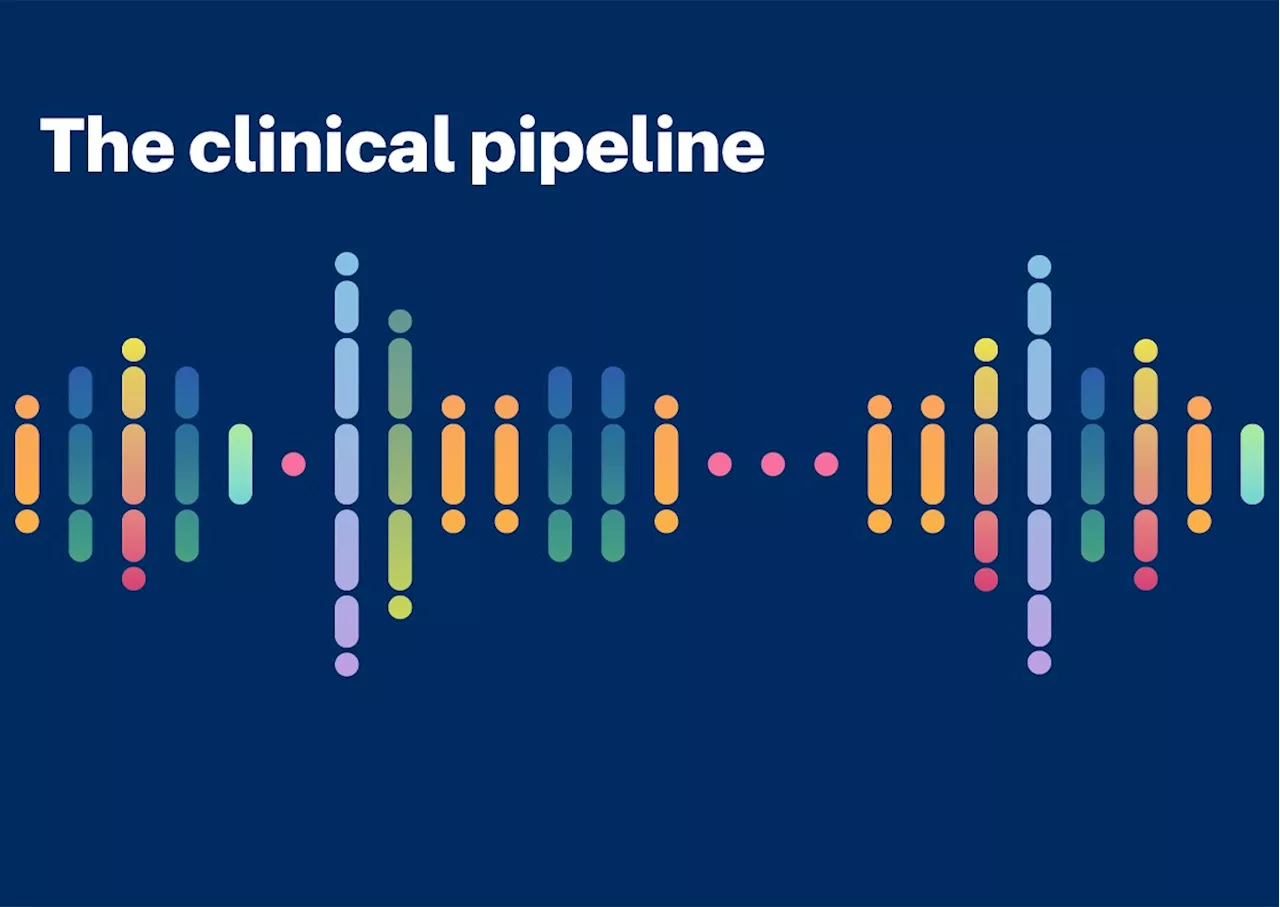This op-ed explores the potential link between trauma and autoimmune disorders in women, highlighting the unique experiences and challenges they face.
In this reported op-ed, Anna Wolfe explores how trauma and autoimmune disorders may be related in women. At 19, my body was shutting down and my mental health was faltering. My face had gone numb, my breathing was growing strained, and double vision had set in. I was terrified, but when I went to a doctor, they brushed it off as “anxiety.” Like many women who feel ignored by doctors, I turned to Google for answers.
I decided it must be anxiety after all and dragged myself to work, even as the paralysis started to spread to my arms. Eventually, I was diagnosed with Myasthenia Gravis (MG), a rare autoimmune disease that weakens muscles and can cause life-threatening respiratory crises and, in my case, a tumor. Doctors told me to avoid emotional and physical stress to prevent a “crisis,” but the irony was glaring — everything they were asking me to steer clear of was why my illness had developed in the first place. Autoimmune diseases affect around 24 to 50 million Americans, and according to Stanford Medicine, 4 out of 5 of those affected are women. Yet for decades, researchers used men’s bodies as the default for “normal.” Donna Jackson Nakazawa, award-winning science journalist and author, brought my attention to something shocking — it wasn’t until 2016 that the National Institutes of Health (NIH) required researchers to study how diseases, including stress, impact women specifically. These illnesses manifest uniquely in each person, but treatments rarely follow suit, often relying on “one-size-fits-all” approaches that can be ineffective and harmful —especially for women and marginalized communities. “Social-emotional stress provokes the immune system the most,” explains Jackson Nakazawa, and higher estrogen levels only amplify the immune response, making women more vulnerable to autoimmune condition
Autoimmune Diseases Women's Health Trauma Stress Healthcare
United States Latest News, United States Headlines
Similar News:You can also read news stories similar to this one that we have collected from other news sources.
 I'm A Psychologist & Trauma Expert: Here's Why Stress Can Feel So AddictingPlus, tips to overcome it.
I'm A Psychologist & Trauma Expert: Here's Why Stress Can Feel So AddictingPlus, tips to overcome it.
Read more »
 The Lingering Effects of Trauma: Why Unshared Pain EnduresThis article explores the profound and lasting impacts of trauma on children, particularly when they lack safe outlets to share their experiences. It highlights the crucial role of emotional expression and the detrimental consequences of internalized trauma, emphasizing the need for intervention and support.
The Lingering Effects of Trauma: Why Unshared Pain EnduresThis article explores the profound and lasting impacts of trauma on children, particularly when they lack safe outlets to share their experiences. It highlights the crucial role of emotional expression and the detrimental consequences of internalized trauma, emphasizing the need for intervention and support.
Read more »
 PROTAC protein degraders to drug the undruggable enter phase 3 trialsPharmaceutical companies are investing in therapies that target proteins for degradation, with trials ongoing for cancer, autoimmune diseases and neurological disorders. Pharmaceutical companies are investing in therapies that target proteins for degradation, with trials ongoing for cancer, autoimmune diseases and neurological disorders.
PROTAC protein degraders to drug the undruggable enter phase 3 trialsPharmaceutical companies are investing in therapies that target proteins for degradation, with trials ongoing for cancer, autoimmune diseases and neurological disorders. Pharmaceutical companies are investing in therapies that target proteins for degradation, with trials ongoing for cancer, autoimmune diseases and neurological disorders.
Read more »
 Cell-type-specific link between alternative splicing and autoimmune disease inheritance discoveredComputational biologists have uncovered how RNA splicing -- a crucial process for isoform expression and protein diversity -- is regulated across different cell types in the peripheral blood.
Cell-type-specific link between alternative splicing and autoimmune disease inheritance discoveredComputational biologists have uncovered how RNA splicing -- a crucial process for isoform expression and protein diversity -- is regulated across different cell types in the peripheral blood.
Read more »
 Untreated Infertility Linked to Higher Risk for Systemic Autoimmune Rheumatic Disease After ChildbirthThe association between untreated infertility and SARD persisted in analyses restricted to women aged | 38 years and those without endometriosis or other autoimmune diseases.
Untreated Infertility Linked to Higher Risk for Systemic Autoimmune Rheumatic Disease After ChildbirthThe association between untreated infertility and SARD persisted in analyses restricted to women aged | 38 years and those without endometriosis or other autoimmune diseases.
Read more »
 Vitamin B12 Deficiency Linked to Autoimmune Thyroid DiseasesA recent study published in Endocrine, Metabolic & Immune Disorders - Drug Targets suggests a connection between vitamin B12 deficiency and autoimmune thyroid diseases (AITD). Researchers found that patients with AITD had significantly lower levels of vitamin B12 compared to those without the condition. Additionally, individuals deficient in B12 demonstrated significantly higher levels of anti-TPO antibodies, which can interfere with thyroid function. The study authors recommend determining vitamin B12 levels in patients with autoimmune thyroiditis as a potential diagnostic tool.
Vitamin B12 Deficiency Linked to Autoimmune Thyroid DiseasesA recent study published in Endocrine, Metabolic & Immune Disorders - Drug Targets suggests a connection between vitamin B12 deficiency and autoimmune thyroid diseases (AITD). Researchers found that patients with AITD had significantly lower levels of vitamin B12 compared to those without the condition. Additionally, individuals deficient in B12 demonstrated significantly higher levels of anti-TPO antibodies, which can interfere with thyroid function. The study authors recommend determining vitamin B12 levels in patients with autoimmune thyroiditis as a potential diagnostic tool.
Read more »
